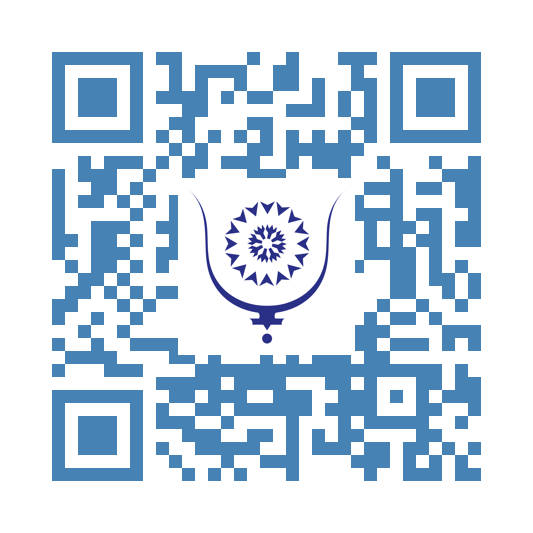The Polisario Front Confronted with Increasing Accusations: Moving Towards Being Designated as a Terrorist Organization 4959
For several years now, the Polisario Front, a separatist movement supported and armed, as everyone knows, by Algeria, which has provided it with an entire territory in the Tindouf area, has been at the center of a growing international controversy. In the United States, Japan, and Europe, voices are rising to have this group officially classified as a terrorist organization. This shift is based on tangible evidence of its links with actors qualified as terrorists, its involvement in violent actions, but also on a network of international alliances that go beyond the regional framework.
While Algeria, Iran, and Hezbollah are often cited as the main supporters of the Polisario, as well as South Africa, Cuba has also played a historic and decisive role in the military and logistical training of separatist fighters. As early as 1977, under the impetus of Fidel Castro and at the request of Algeria, a tripartite military agreement was signed between Cuba, Algeria, and the Polisario, paving the way for intensive cooperation.
This agreement allowed the sending of many separatist fighters to Cuba to receive specialized military training. Dedicated military schools were created on the island, where Polisario recruits were trained in guerrilla tactics, special operations, and military logistics. A Cuban delegation even went to Tindouf in 1988 to study Moroccan defenses and help develop strategies to breach the defense wall erected by the Kingdom.
Cuba also provided naval logistical support, notably in the waters near the Canary Islands, where Cuban ships were involved in operations to facilitate Polisario infiltrations. Between 1975 and 1991, Cuba delivered to the Polisario a significant arsenal including assault rifles, mortars, rocket launchers, and ammunition, thus strengthening its military capabilities.
Even after the 1991 ceasefire, Cuba maintained its support, continuing to train warriors especially in special operations. The last known class trained in Cuba dates back to 2003. More recently, six-month training courses have been given to groups of about forty separatists, focused on special forces tactics.
Moreover, for a long period, damning testimonies report the kidnapping of children from the Tindouf camps, sometimes as young as 9 years old, to send them to Cuba on a "youth island" under high military surveillance. They undergo intensive military training mixed with strong political indoctrination. These children, isolated from their families, are trained to become soldiers in the service of the Polisario, under conditions denounced as inhumane by witnesses and former detainees.
Some recent signals suggest a possible repositioning of Havana. Indeed, at the 2019 Non-Aligned Movement summit, Cuban President Miguel Díaz-Canel omitted any reference to the Polisario, marking a break with the tradition of support displayed by Fidel and Raúl Castro. This evolution could reflect a diplomatic realignment, notably after the resumption of diplomatic relations between Morocco and Cuba in 2017, relations broken for nearly 37 years due to Cuban support for the Polisario. However, to date, the aforementioned tripartite agreement has not yet been repealed.
Cuba's role is part of a larger network of Polisario alliances. Algeria, the main political and military supporter, continues to arm and shelter the movement. Iran, through Hezbollah, provides military and logistical support, notably also training fighters and delivering sophisticated weapons. This is well documented.
There are also hundreds of Polisario mercenaries captured in Syria, where they operated alongside Assad's army, reinforcing the image of a group involved in international terrorist conflicts.
On the ground, the Polisario is also accused of violence against civilians in southern Morocco. The missiles launched against the city of Smara bear witness to this, in addition to the blockage of the strategic Guerguerat passage. The sequestration of Sahrawi populations in the Tindouf camps, where it refuses, with Algerian support, any official census, is another proof of the true nature of the movement.
Faced with these elements, several American, European, and Asian political leaders advocate for the Polisario Front to be quickly listed as a terrorist organization. American Congressman Joe Wilson has proposed a bill to this effect, denouncing the use of the Polisario by Algeria and its accomplices to destabilize the Kingdom of Morocco, a long-standing strategic ally of the United States in the region.
This eminent designation would deal a major blow to Algeria, which seems tireless in supporting the Polisario for nearly 50 years, while it simply costs the country development. It would further strengthen Morocco's position on the international stage, notably after the American recognition in 2020 of Moroccan sovereignty over its southern provinces, that of Spain, France, the recent one of the United Kingdom, and many other African and Latin American countries.
The historical, military, and educational support of Cuba, combined with the role played by Algeria, Iran, and Hezbollah, places the Polisario in a network of actors with manifest destabilizing and terrorist activities. The rise in calls for its classification as a terrorist organization fits into a logic of regional and international security, requiring a coordinated response to restore stability in North Africa, the Sahel, and beyond.
This page must be quickly turned for the good of the populations of the entire region




